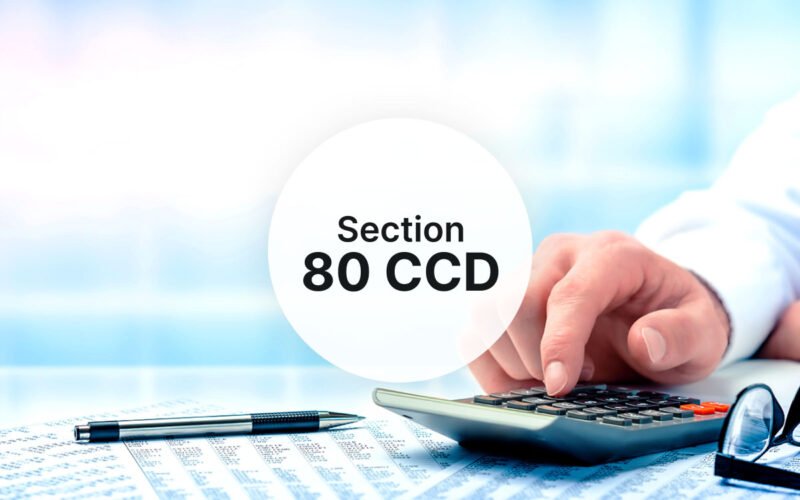For homeowners who want to lower their energy expenses and lessen their environmental effect, solar panels are a great investment. But in order to keep them effective, they must be kept clean. Solar panel cleaning is not something you should take lightly. In order to guarantee safety and avoid harm, a professional approach is necessary. Having looked up “solar panel cleaning near me,” you probably want to know how professionals clean solar panels efficiently. Here is all the information you require regarding the procedure.
The Importance of Cleaning Solar Panels
Before we talk about the cleaning process, it’s important to understand why solar panels need regular cleaning. Over time, dirt, debris, bird droppings, and even pollen can build up on the surface of the panels, reducing their ability to absorb sunlight. This decrease in efficiency can lead to higher energy costs, so regular maintenance is essential.
Why Leave It to the Professionals?
While it might seem easy to clean solar panels yourself, professionals have the tools, knowledge, and expertise to do it safely. Without the right training, you risk damaging the panels or injuring yourself. Professional cleaning ensures that your panels remain in top condition and continue to perform efficiently.
Tools and Equipment Used for Cleaning
Solar panel cleaning requires specific tools to prevent scratching or damaging the surface. Professionals typically use soft brushes, non-abrasive materials, and water-fed poles that allow them to clean the panels from the ground without climbing onto the roof. For tougher stains, some might use specialized cleaning solutions, but they ensure these products are safe for solar panels.
Step-by-Step Process of Cleaning Solar Panels
Cleaning solar panels is not a quick job—it requires attention to detail. Below is the process professionals follow to ensure the panels are cleaned properly and safely.
1. Inspecting the Panels
The first step in cleaning is inspecting the panels for any visible damage or wear. A professional will look for cracks, loose connections, or any other issues that could be exacerbated during cleaning. This step is crucial because cleaning damaged panels could make the problem worse.
2. Shutting Down the System
Before the cleaning begins, the solar system is powered down. This step is necessary for safety reasons to avoid any electrical hazards while cleaning the panels. It also ensures that no electrical components get damaged during the process.
3. Removing Loose Debris
The next step involves clearing the panels of any loose debris like leaves, twigs, or dirt. This is typically done using a soft brush or broom. Loose debris can scratch the panels if not removed carefully, so professionals are always cautious during this stage.
4. Cleaning the Surface
After removing loose debris, the real cleaning begins. Professionals use water-fed poles or hoses to wash the panels. The water used is typically pure water that has been filtered to remove any minerals or chemicals that could leave behind residues. Soft cloths or sponges may also be used to scrub away any stubborn dirt or stains.
5. Drying the Panels
Once the panels are clean, the final step involves drying them to avoid water spots. This is done using a soft, lint-free cloth to gently dry the surface. Drying is important as it prevents mineral build-up that can occur when water evaporates.
Safety Measures During Cleaning
Cleaning solar panels isn’t just about making them look good; safety is always a top priority. Professional cleaners are trained to work on roofs safely, using proper fall protection gear. They also ensure that the cleaning materials they use are non-abrasive and will not damage the panels.
How Often Should Solar Panels Be Cleaned?
The frequency of cleaning depends on several factors. If you live in an area with frequent dust storms, heavy rainfall, or bird activity, your panels may need cleaning more often. On average, solar panels should be cleaned every six months to maintain optimal performance. However, it’s essential to monitor the performance of your system and clean the panels when you notice a drop in efficiency.
Risks of DIY Solar Panel Cleaning
While DIY cleaning may seem tempting to save money, it comes with risks. Climbing on a roof without proper safety measures can lead to accidents. Additionally, using the wrong cleaning materials or techniques could cause irreversible damage to the solar panels. Professionals not only avoid these risks but also have insurance to protect against potential damage to your property.
Conclusion
Cleaning your solar panels is an important part of maintenance, and doing it correctly ensures that your investment continues to pay off. Professionals use the right tools, safety measures, and techniques to clean your panels safely and efficiently. Though it might cost a bit more than doing it yourself, the peace of mind and longevity of your solar system are well worth it. If you’re considering having your solar panels cleaned, reaching out to a local expert is the best way to go.











Leave a Reply